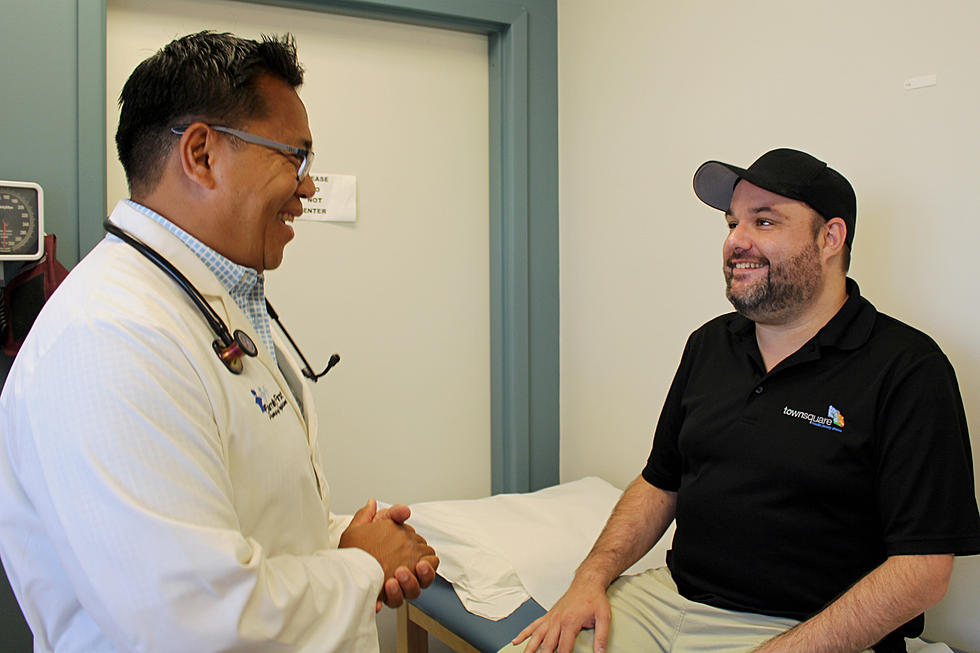
Matt Ryan’s Top 5 Tips for Handling Fall Sports Injuries
The NFL pre-season is starting up and school sports practices are hitting full schedules. We're going to see busy feet rushing across cross country courses and soccer and football fields all across New Jersey soon.
Of course, with more sports comes more sports injuries. As your family stays active this fall, here are some tips for avoiding and handling common sports injuries:
1) Sprains and strains. These common injuries often are a result of overusing or overstretching muscles and ligaments, according to WebMD. Prepare for sports seasons with personal exercise in the weeks leading up to formal practice to strengthen the major muscles. Be diligent about including a light warm-up and stretching into each workout.
2) Fractures. Sometimes it's difficult to tell whether you're dealing with a fracture or a sprain, but if there is excessive pain, swelling or skin discoloration, you probably want to get it checked out. Family First Urgent Care has x-ray capabilities, which should give a clear view of the type of injury.
3) Knee injury. "Patellofemoral syndrome can result from the repetitive movement of your kneecap (patella) against your thigh bone (femur), which can damage the tissue under the kneecap," WebMD explains. It can take up to six weeks for the pain to dissipate, but it's important to continue low-impact exercises, especially those that focus on the quads. Of course, if the knee looks "crooked" or deformed, has excessive swelling or can't bear any weight, you should seek medical attention, WebMD advises.
4) For ankle injuries. Start with RICE (rest, ice for 15-20 minutes three times a day, use a compression bandage and elevate it above your heart) to reduce swelling. Over-the-counter pain relievers are helpful, too. If the pain and swelling is severe or you cannot put weight on your foot, you should seek medical attention immediately, according to MayoClinic.org. Similarly, if the swelling doesn't improve in 2-5 days or the pain is persistent, have a doctor check it out.
5) Cuts and lacerations. You might not think of deep cuts as a sports injury, but if they happen, you should be prepared. Family First Urgent Care suggests seeking medical attention for a cut that is:
- Is deep, jagged, or gaping
- Is on the face or another part of the body where scarring may be an issue
- Bleeds profusely, without stopping, after 20 minutes of direct pressure
- Feels numb
Family First Urgent Care can help you or a loved one with a myriad of non-life-threatening concerns. I recently had the pleasure of meeting with the staff, so I can assure you they are friendly, professional and very responsive. They even offer flu shots and sports physicals!
Visit them online at familyfirst-urgentcare.com and at their two locations: 1803 Highway 35, Oakhurst (NEW ADDRESS), and 1851 Hooper Ave., Toms River.


